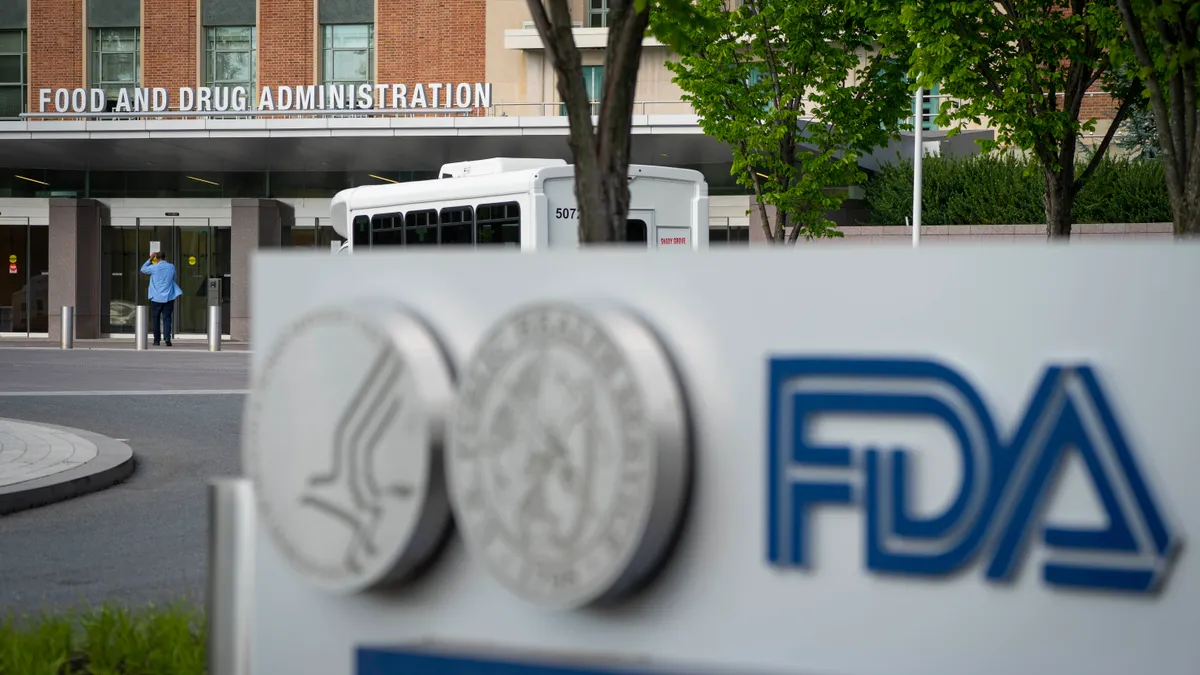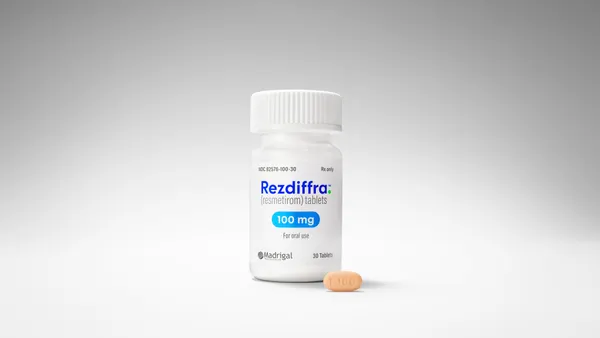The Food and Drug Administration on Thursday reaffirmed its assessment that Mounjaro and Zepbound, popular drugs for diabetes and obesity, are no longer in shortage,
The agency’s decision will largely prevent so-called compounding pharmacies from making off-brand copies of the drug, closing a lucrative market niche that had opened as Eli Lilly, the drug’s maker, found itself unable to meet skyrocketing demand.
However, the FDA won’t take enforcement action against compounding pharmacies until early next year, a grace period the agency said is to “avoid unnecessary disruption to patient treatment.”
Tirzepatide, the drug ingredient contained in both Mounjaro and Zepbound, has been in shortage since late 2022, not long after Mounjaro’s initial U.S. approval for Type 2 diabetes and around the time its potent weight loss effects became clear.
Tirzepatide is a GLP-1 agonist, a class of drugs that also contains semaglutide, the ingredient in Novo Nordisk’s Ozempic and Wegovy. The injectable medicines are now among the fastest-selling products in the pharmaceutical industry and have become household names, suffused through society via newspaper headlines, Hollywood discourse and TikTok videos.
Both Lilly and Novo have invested billions of dollars to expand their ability to mass-produce the drugs but, until recently, had been unable to keep them in steady supply. When a drug is in shortage, the FDA allows certain kinds of pharmacies to prepare what are essentially copies of branded medicines. These knock-off versions are not approved by the agency, nor are they verified as having met safety, effectiveness or quality standards.
Typically, compounding is a relatively small business. But as GLP-1 drug sales climbed, telehealth companies like Hims and Hers Health and Ro capitalized on rising patient demand with compounded tirzepatide and semaglutide, which they sold for significantly less than the roughly $1,000-per-month price tags of branded Zepbound and Wegovy.
Lilly and Novo have fiercely fought compounded production of their treatments, taking legal action against smaller “medspas” and warning of risks of contaminated or under-strength drug products. The FDA has also issued alerts on the safety risks of compounded GLP-1 drugs.
In early October, the FDA determined Lilly had resolved tirzepatide shortages, declaring all dose forms of the drug were available. Days later, a group representing compounding pharmacies sued the agency, claiming it had made its determination without proper due process and failed to take account of continued supply disruptions. While litigating the group’s suit, the FDA agreed to reevaluate its decision and file a status report by Dec. 19.
In its decision, the agency acknowledged reports from some patients and pharmacists who have been unable to obtain tirzepatide, but judged such “intermittent challenges” were the result of the “practical dynamics” of the drug supply chain.
“We conclude that this information does not undermine or outweigh the evidence demonstrating that Lilly’s supply is currently meeting or exceeding demand and that, based on our best judgment, it will meet or exceed projected demand,” Patrizia Cavazzoni, head of the FDA’s main drug offices, wrote in a declaratory order resolving the shortage.
The FDA plans to give so-called 503(a) pharmacies 60 days from Thursday’s order before it takes any enforcement action and 503(b) pharmacies, which use registered bulk production facilities, 90 days. This “enforcement discretion” will therefore lapse on Feb. 18 and Mar. 19, respectively.
Other GLP-1 drugs, including semaglutide, are still classified by the FDA as being in shortage, although Novo recently reported all dose strengths of semaglutide are now available.
Shares in Hims and Hers Health fell by about 10% in Thursday trading on news of the FDA’s decision.












